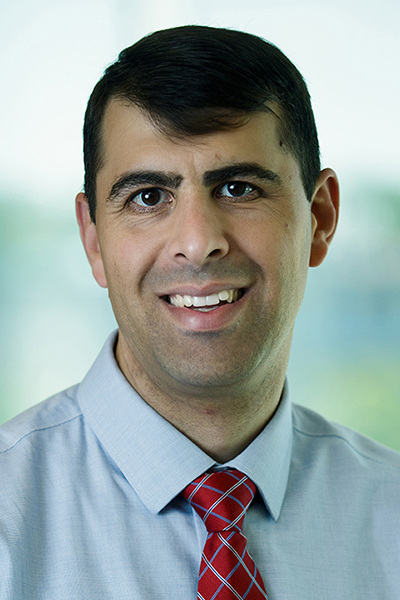
The COVID-19 pandemic has shifted what were once theoretical discussions about disaster preparedness into the real world. In a CHEST 2020 session, When the Theoretical Becomes Real: Lessons From a Pandemic, a panel of experts will discuss the fundamentals of pandemic preparation and how the reality of COVID-19 has tested those tenets amid a real-world pandemic.
Among the challenges brought on by the pandemic, the panelists will discuss how clinicians around the world are having to apply principles of resource allocation, consider fluctuations in the medical supply chain, and identify how to best provide high-quality yet resource-conscious patient care in this new environment.
The session will take place on Monday, October 19, at 3:15 pm CT. The session will be available for on-demand viewing 24 hours later on the virtual CHEST 2020 meeting platform and through January 18.
Among the presentations, David Ferraro, MD, FCCP, will talk about the impact of the pandemic on the medical supply chain and how hospitals and health systems can prepare for the potential of equipment and medication shortages. Dr. Ferraro is an associate professor in the division of pulmonary, critical care, and sleep medicine at National Jewish Health.
“Even though we’ve been dealing with the COVID-19 pandemic for many months now, and we’ve learned a lot about how to prepare for surges, there are still a lot of lessons to be learned about how we can make our systems more resilient,” Dr. Ferraro said.
While this is a global pandemic, Dr. Ferraro said there is a lot of heterogeneity in how COVID-19 has affected different places and how different places have responded to the pandemic, which highlights the fact that there is no one-size-fits-all blueprint for planning and preparing for large-scale public health emergencies.
“Whether you’re looking at small areas, broader regions, or entire countries, the actual need or demand for various medications, supplies, or equipment is going to be different,” he said. “For example, we’ve seen how disruptions in supply chains can lead to medication shortages, but because our health-care system is just so heterogeneous, two hospitals right next to each other probably have totally different supply chains and are going to have totally different supply shortages.”
As the COVID-19 pandemic continues, he said hospitals will continue to need consistent supplies of a variety of medications, such as sedatives, analgesics, and paralytics, which are common medications and vital for patients in intensive care units on mechanical ventilation machines.
“This is not necessarily a new thing, though; there are drug and supply shortages all of the time. Even before COVID[-19], there were times in the ICU when we just couldn’t order a certain antibiotic or certain sedative,” Dr. Ferraro said. “And then COVID[-19] happens, and all of a sudden, your demand goes up, and you’re utilizing more of these medications because more people are in the ICU and on ventilators. So, many of the issues we’re facing now are issues that were going on before COVID[-19] and never have been resolved.”
Also in this session, Michal Sobieszczyk, MD, will review the fundamentals of disaster preparation in the context of COVID-19; Jessica Bunin, MD, will talk about lessons learned from staffing and physical space changes in response to the pandemic; and Catherine Wittman, MD, BS, will talk about what hospitals and health-care professionals can do to plan and prepare for the next surge. Devang Sanghavi, MBBS, MHA, FCCP, will serve as moderator for the session.





